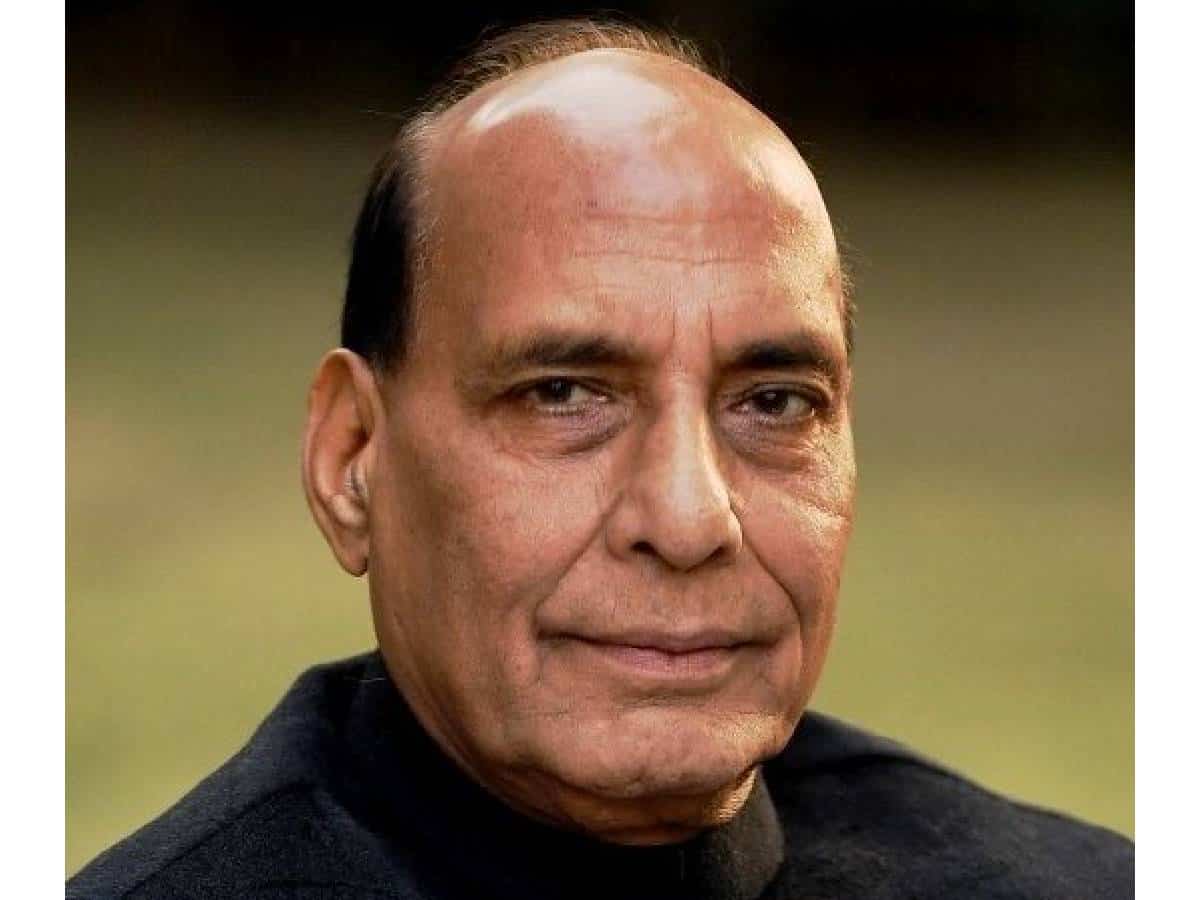Hyderabad: Nucleome on Thursday unveiled South Asia’s largest and most advanced genomics research centre in Hyderabad.
According to World Health Organisation, Genomics is an interdisciplinary field of biology focusing on the structure, function, evolution, mapping and editing of genomes. A genome is an organism’s complete set of DNA, including all of its genes.
What Nucleome is calling “a move that will mark the beginning of a new era in India’s genomics capability” will carry out the latest third-generation sequencing and play a critical role in fighting the pandemic.
The NKC Centre for Genomics Research in Hyderabad will do this by sequencing 5000 COVID-19 genomes and 500 human genomes.
The laboratory has been established in the memory of the late 6-time member of parliament from Khandwa, Nand Kumar Singh Chauhan. It will also play a role in upgrading India’s potential in agriculture, animal husbandry and personalised/precision medicine, among others.
The state of the art lab was inaugurated by Defense minister Rajnath Singh, along with Madhya Pradesh chief minister Shivraj Chauhan. The inauguration ceremony was held at Le Meridien in the presence of Dushyant Singh Baghel, MD and CEO, Nucleome Informatics. Principal Scientific Adviser to the Government of India, Prof K Vijay Raghavan also attended the event.
“We are celebrating 75 years of independence and Information technology in the 90s took us to great heights. I believe genomics is the sunrise sector of the 21st century which will play an important role. Next-generation sequencing can bring revolution in biological sciences and unprecedented progress to society,” Rajnath Singh stated.
He added that in view of climate change and COVID-19’s impact on people, genome sequencing can increase productivity and help healthcare.
“COVID-19 genome sequencing is trying to find out that part of the virus’s DNA that does not change, which will contribute to vaccine development. I have been informed that the centre will sequence 5000 COVID genomes and 500 human genomes for healthcare,” Rajnath Singh added.
Shivraj Singh Chauhan stated: “India is committed to doubling farmer’s income which will require an increase in productivity, reducing input cost and loss of crop, and right price of the crop. Agrigenomics can help in increasing productivity, reducing input cost, and increasing resistance to disease.”
He remarked that he is sure that agrigenomics will become important and useful for addressing challenges of Indian agriculture and doubling farmers’ income.
In 2020, Nucleome was the first laboratory in South Asia to procure the third-generation long-read sequencing platform Sequel II from PacBio. Nucleome became the first Indian organization to partner in the prestigious multinational Vertebrate Genome Project of the G10K Consortium.
Nucleome said that it started its journey as a genomics research service provider in 2013 and became India’s Top ten Life science solution provider and Asia’s top 20 biotechnology laboratory based in Hyderabad by 2016.







